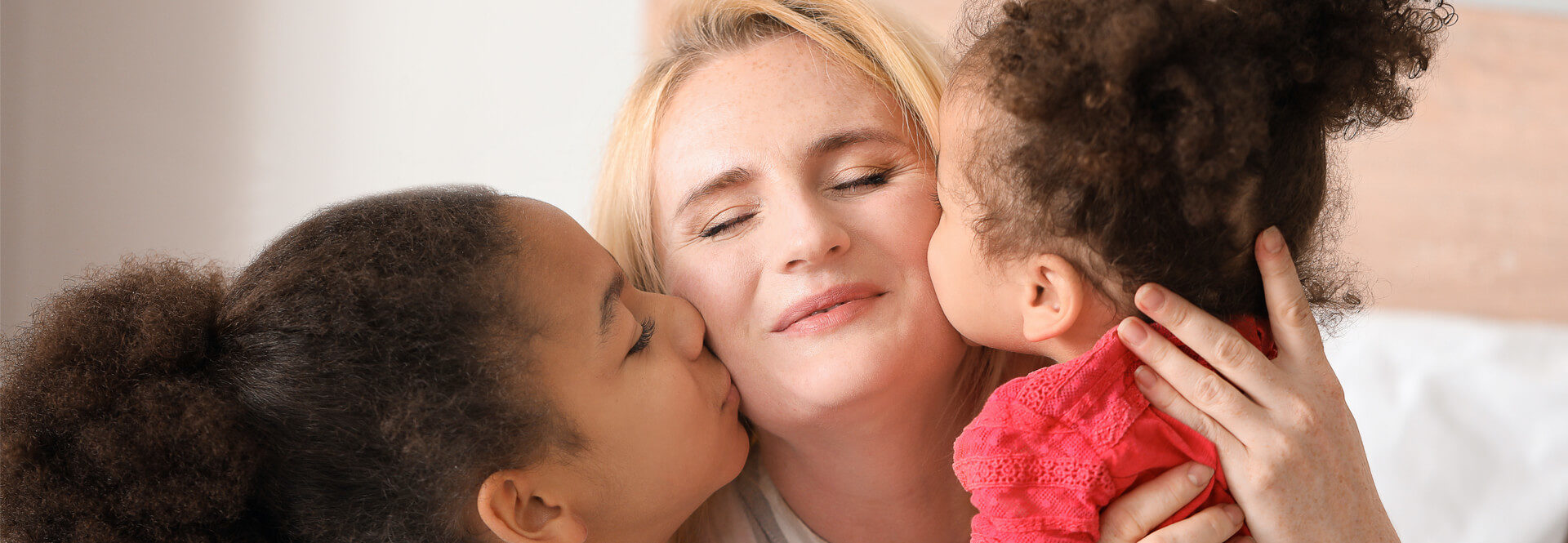
Ask the Adoption Coach: Explaining Adoption to a Developmentally Delayed Child
Reader: My husband and I adopted our 6 year old son from Ethiopia. He came home at 14 months. At age 3.5 he was diagnosed with Autism Spectrum Disorder (ASD) and Sensory Processing Disorder (SPD). He is bright, but not yet at the point of understanding that all babies grow in tummies, let alone that some babies live with their birth mothers, others, including him, are adopted. Are there any resources for explaining adoption to kids with developmental delays, or should I just try to keep it simple? I think he understands he was born in a place called Ethiopia, but I don’t think he understands what that means.
Adoption Coach:
Dear Reader:
Dear Reader:
Thank you for your question. First, I applaud your willingness to explain and explore adoption with your son. After all, parents are their children’s first teachers.
One of the most helpful and heart-warming ways to explain adoption to a child is to create a lifebook for the child. A lifebook is a story, written by the adoptive parents, that explores the child’s life pre-adoption, during the adoption, and after the adoption. Many adoptive parents use popular online photo printing websites to create a custom book for their child. This is a place to incorporate photos, detailed (or simple) captions, and even store mementos, as some book printing services offer the option of adding an envelope to the back cover. My children love having their own lifebooks and choose their book as the bedtime story quite frequently.
The upside to the lifebooks is that you can control the content, the tone, the photos, and the vocabulary. Perhaps you make one lifebook for your child now, which would be appropriate for his developmental age, and create a more mature, more detailed lifebook later. The downside to lifebooks is that can be daunting for adoptive parents to create on their own, particularly if parents don’t see themselves as “good” writers. The most important thing to remember is that a lifebook is not only a tool used to explain the child’s story and explore adoption in general, but the lifebook is also a gift from the parent to the child. It does not need to be perfect; what it does need to be is honest and loving.
There are so many wonderful adoption books for children. But that is perhaps where adoptive parents get overwhelmed. With so many options, how is a parent to choose what is appropriate and meaningful to their child? I highly recommend utilizing your local library system to order in all the adoption books available and browse them. Once you determine some books that fit your son’s developmental age and resemble his adoption story, purchase the titles to keep in your home.
You mentioned babies growing in tummies, and I want to note that it’s important that adoptive parents also have books in their home that help them explain the “birds and the bees” to children. Adoption can be confusing when adoptive parents use phrases like “you grew in your birth mom’s tummy,” because eventually the child will want to know things like how the baby got in the tummy, how a baby comes out of the tummy, and why is a baby even in a tummy in the first place? I’m an advocate of using the correct anatomical terminology with children and telling them the truth about not only conception and child birth, but also about the children’s own bodies. So while you are selecting adoption books for your son, you should explore body books too.
Finally, purchase maps or a globe to show your child where his birth country is. Books featuring pictures of Ethiopia may also be a worthwhile purchase. Joining a local Ethiopian adoption support group would be beneficial as well.
Certainly, there is no reason to sit your son down and force him to choose among adoption and body books as his bedtime story. But when adoption or body-talk comes up, you will have the resources you need, on hand, to talk to your son about these important topics. Also, keep in mind that talking to your son about his adoption isn’t just for his benefit, but your benefit as well. Each time you share his story with him or explore his birth country through a book, you are gaining confidence in your ability to parent a child who came to you through adoption.
The important thing is that you do talk to your child and give him the answers he desires rather than ignore his questions or evade answering him. Having books has been a great help to our family and a comfort to our children as we explain adoption to them and share their stories time and time again.


×
Search Adoption Network
Speak with a Specialist 1-800-367-2367
